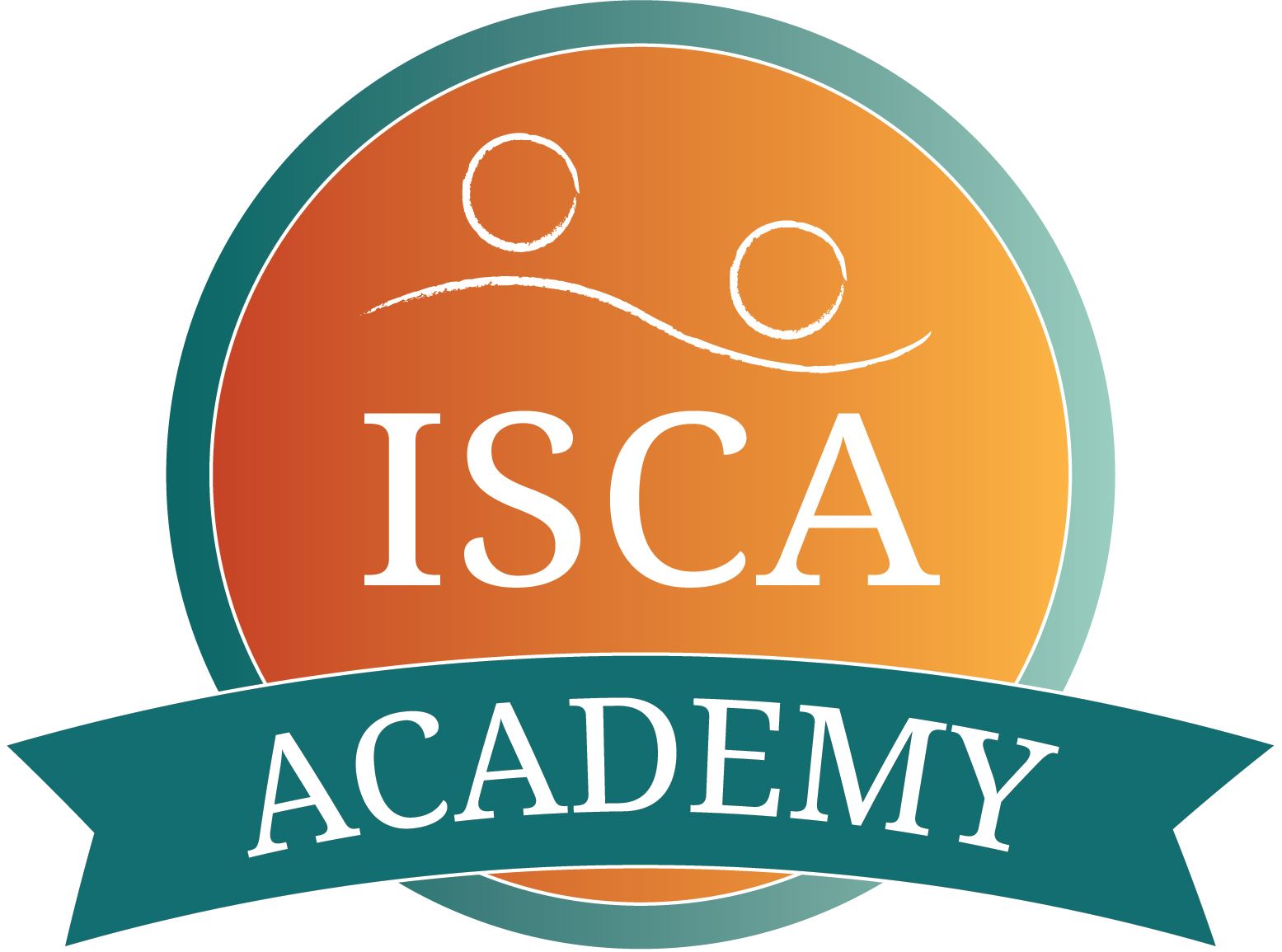- Home
- Transgender Student Support Toolkit for International School Counselors (and Admin)
Transgender Student Support Toolkit for International School Counselors (and Admin) |
Course Title |
Transgender Student Support Toolkit for International School Counselors (and Admin)
|
Course Number | ISCA 402 |
Course Overview | Professional school counselors and administrators are increasingly recognizing the diversity of their students’ gender identities and, however well-intentioned, may feel ill-equipped to support them. Participants are invited to join Dr. Emily Meadows in this interactive session to consider the what, why, and how of transgender student support. The objective of this course is to cultivate a deeper understanding of gender diversity, as well as the risks and protective factors that impact safety and belonging in international schools. The course will guide participants through practical structures and skills to support transgender students. Participants new to transgender student support are particularly welcome to join this course. |
|
A.10. Underserved and At-Risk Populations School counselors: a. Strive to contribute to a safe, respectful, nondiscriminatory school environment in which all members of the school community demonstrate respect and civility. b. Advocate for and collaborate with students to ensure students remain safe at home and at school. A high standard of care includes determining what information is shared with parents/ guardians and when information creates an unsafe environment for students. c. Identify resources needed to optimize education. d. Collaborate with parents/guardians, when appropriate, to establish communication and to ensure students’ needs are met. e. Understand students have the right to be treated in a manner consistent with their gender identity and to be free from any form of discipline, harassment or discrimination based on their gender identity or gender expression. |
Intended Audience | This course welcomes international school counselors and administrators supporting students in any grade level and in any cultural context. Participants new to transgender student support are especially welcome. Considerations will be made for those working in socially conservative schools and regions. |
Essential Questions | What is gender? Why is transgender student support relevant to my practice? How can I support transgender students in my cultural and professional context? |
Knowledge | Skills |
Participants will have knowledge about: | Participants will be able to: |
|
|
About the Facilitator |
In addition to her doctoral degree, Emily holds master’s degrees in both Sexual Health and Counseling, and has worked as an international school counselor for over a decade. She researches, publishes, and trains school communities on equitable policy and practice, while also teaching for the LGBT Health Policy & Practice graduate program at George Washington University. Emily has developed inclusion standards, referenda, and trainings for professional organizations such as the New England Association of Schools and Colleges (NEASC), the National Association of School Psychologists (NASP), The Fulbright Commission, the Association for International Educators and Leaders of Color (AIELOC), the Association for the Advancement of International Education (AAIE) and the American Psychological Association (APA). Having spent more than half of her life in international schools, Emily specializes in culturally-relevant solutions to promote equity and inclusion worldwide. |
Dates and times of offerings | May 9, 2024 @ 9AM -12pm GMT |
Contact hours | 3 contact hours |
Time commitment between sessions | N/A |
Required Resource(s) | N/A |
References |
American Psychological Association & National Association of School Psychologists. (2020). APA Resolution on supporting sexual/gender diverse children and adolescents in schools.
Adams, M. & Bell, L. E. (2016). Theoretical foundations for social justice education. Routledge: New York, NY. Becerra-Culqui, T. A., Liu, Y., Nash, R., Cromwell, L., Flanders, W. D., Getahun, D., Giammettei, S. V…. & Goodman, M. (2018). Mental health of transgender and gender nonconforming youth compared with their peers. Pediatrics, DOI: 10.1542/peds.2017-384. Bronfenbrenner, U. (1979). The ecology of human development: Experiments by nature and design. Cambridge, MA: Harvard University Press. Ceatha, N., Koay, A. C. C., Buggy, C., James, O., Tully, L., Bustillo, M., & Crowley, D. (2021). Protective factors for LGBTI+ youth wellbeing: A Scoping review underpinned by recognition theory. International Journal of Environmental Research and Public Health, 18(21). Clark, C.M. & Kosciw, J.G. (2020). Engaged or excluded: LGBTQ youth’s participation in school sports and their relationship to psychological well-being. Psychology in the Schools, 1, 1-20. Durwood, L., Eisner, L., Fladeboe, K., Ji, C., Barney, S., McLaughlin, K.A., & Olsen,K.R. (2021). Social support and internalizing psychopathology in transgender youth. Journal of Youth and Adolescence. Gower, A. L., Rider, G. N., Brown, C., McMorris, B. J., Coleman, E., Taliaferro, L. A., & Eisenberg, M. E. (2018). Supporting Transgender and Gender Diverse Youth: Protection Against Emotional Distress and Substance Use. American Journal of Preventive Medicine, 55(6), 787-794. Frohard, D. H., Dobson, S., Clark, B. A., Doull, M., & Saewyc, E. M. (2017). “I would have preferred more options”: Accounting for non‐binary youth in health research. Nursing Inquiry, 24(1), 9. Grant, J. M., Mottet, L. A., Tanis, J., Herman, J. L., Harrison, J., & Keisling, M. (2010). National Transgender Discrimination Survey Report on health and health care: Findings of a study by the National Center for Transgender Equality and the National Gay and Lesbian Task Force. Greytak, E. A., Kosciw, J. G., & Boesen, M. J. (2013). Putting the “T” in “resource”: The benefits of LGBT-related school resources for transgender youth. Journal of LGBT Youth, 10(1-2), 45-63. Hasenbush, A., Flores, A. R., & Herman, J. L. (2018). Gender identity nondiscrimination laws in public accommodations: A review of evidence regarding safety and privacy in public restrooms, locker rooms, and changing rooms. Sexuality Research and Social Policy, 16(70-83). Hatzenbuehler, M. L. & Pachankis, J. E. (2016). Stigma and minority stress as social determinants of health among lesbian, gay, bisexual, and transgender youth: Research evidence and clinical implications. Pediatric Clinics of North America, 63(6), 985-997. Hatzenbuehler, M. L., Birkett, M., Van Wagenen, A., & Meyer, I. H. (2014). Protective School Climates and Reduced Risk for Suicide Ideation in Sexual Minority Youths. American Journal of Public Health, 104(2), 279-286. Hingston, J. (2020). The impact of parental support on the health behaviors of transgender young adults. Dissertation Abstracts International. Kuehnle, F & Villines, Z. (2021). What to know about sexual orientation and mental health in youth. Medical News Today. Meadows, E. (2021). Let kids play: A case for transgender athlete inclusion in international schools. The EARCOS Triannual Journal, Winter 2021, 28-30 Murchison, G. R., Agenor, M., Reisner, S. L., & Watson, R. J. (2019). School restroom and locker room restrictions and sexual assault risk among transgender youth. Pediatrics, 143(6), DOI: 10.1542/peds.2018-2901 Mustanski, B. & Liu, R. T. (2013). A longitudinal study of predictors of suicide attempts among lesbian, gay, bisexual, and transgender youth. Archives of Sexual Behavior, 42, 437-448. Perreras, A. & Meadows, E. (2022). Recognizing and addressing identity-based harm in schools. The Council of International Schools. Poquiz, J. L., Coyne, C. A., Garofalo, R., & Chen, D. (2020). Comparison of gender minority stress and resilience among transmasculine, transfeminine, and nonbinary adolescents and young adults. Journal of Adolescent Health, 104. Russell, S.T., Pollitt, A.Am., Li, G., & Grossman, A.H. (2018). Chosen name use is linked to reduced depressive symptoms, suicidal ideation, and suicidal behaviour among transgender youth. Journal of Adolescent Health, 63, 503-505. Tobin, V., Bockting, W. O., Hughes, T. L. (2018). Mental health promotion for gender minority adolescents. Journal of Psychosocial Nursing and Mental Health Services, 56(12), 22-30. United Nations Educational, Scientific and Cultural Organization (UNESCO). (2016). Out in the open: Education sector responses to violence based on sexual orientation and gender identity/expression. Paris, France: UNESCO. |


 Dr. Emily Meadows (she/her) is an LGBTQ+ consultant and published author specializing in international schools. Emily creates an environment that is non-judgmental and engaging for her clients, while taking an intersectional approach that addresses both the why and the how of inclusion so that educators become confident and competent supporting LGBTQ+ students.
Dr. Emily Meadows (she/her) is an LGBTQ+ consultant and published author specializing in international schools. Emily creates an environment that is non-judgmental and engaging for her clients, while taking an intersectional approach that addresses both the why and the how of inclusion so that educators become confident and competent supporting LGBTQ+ students.